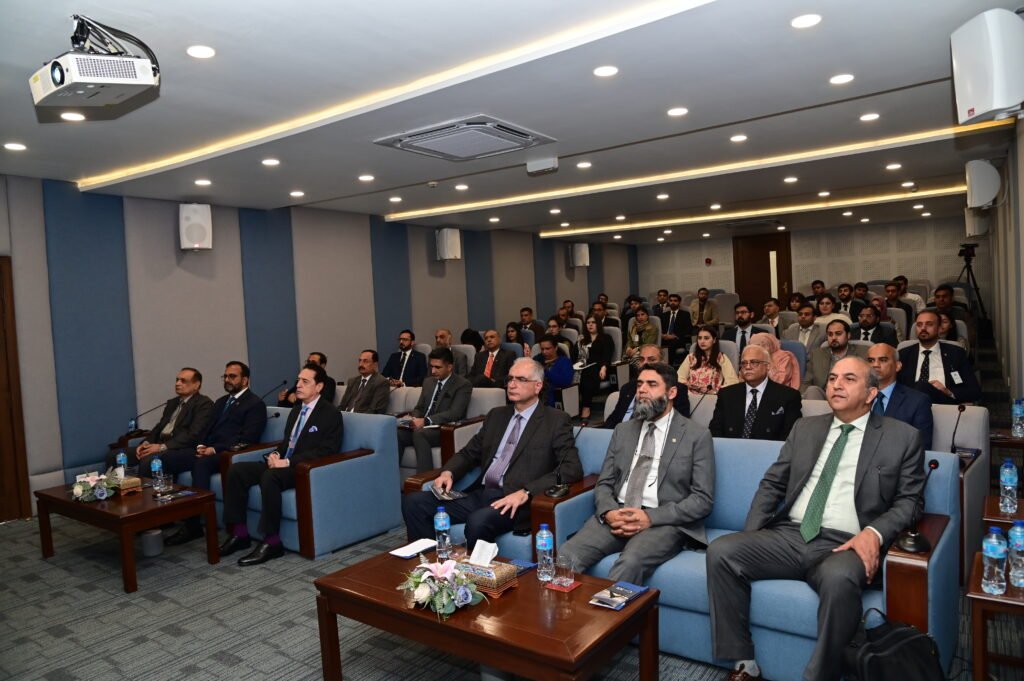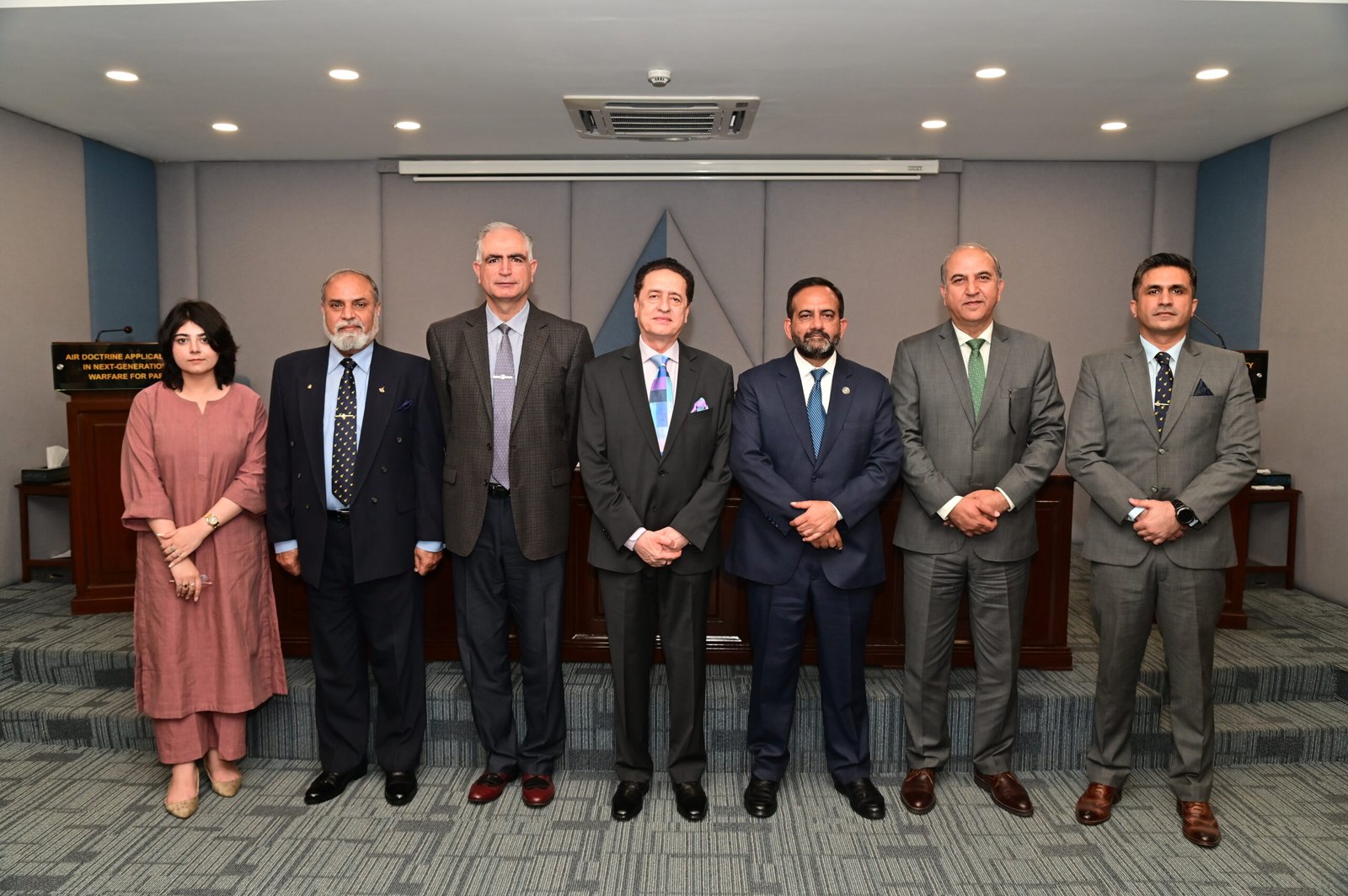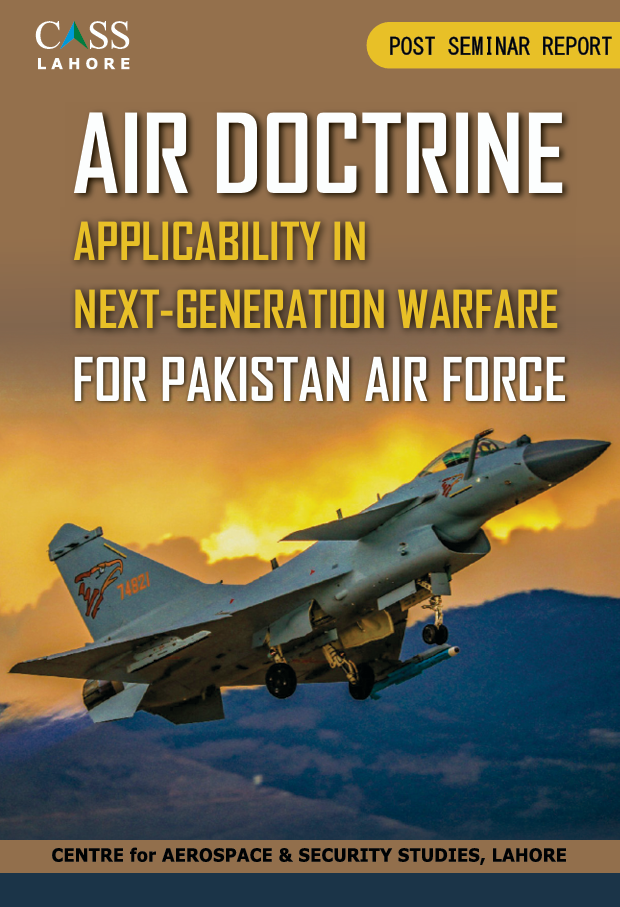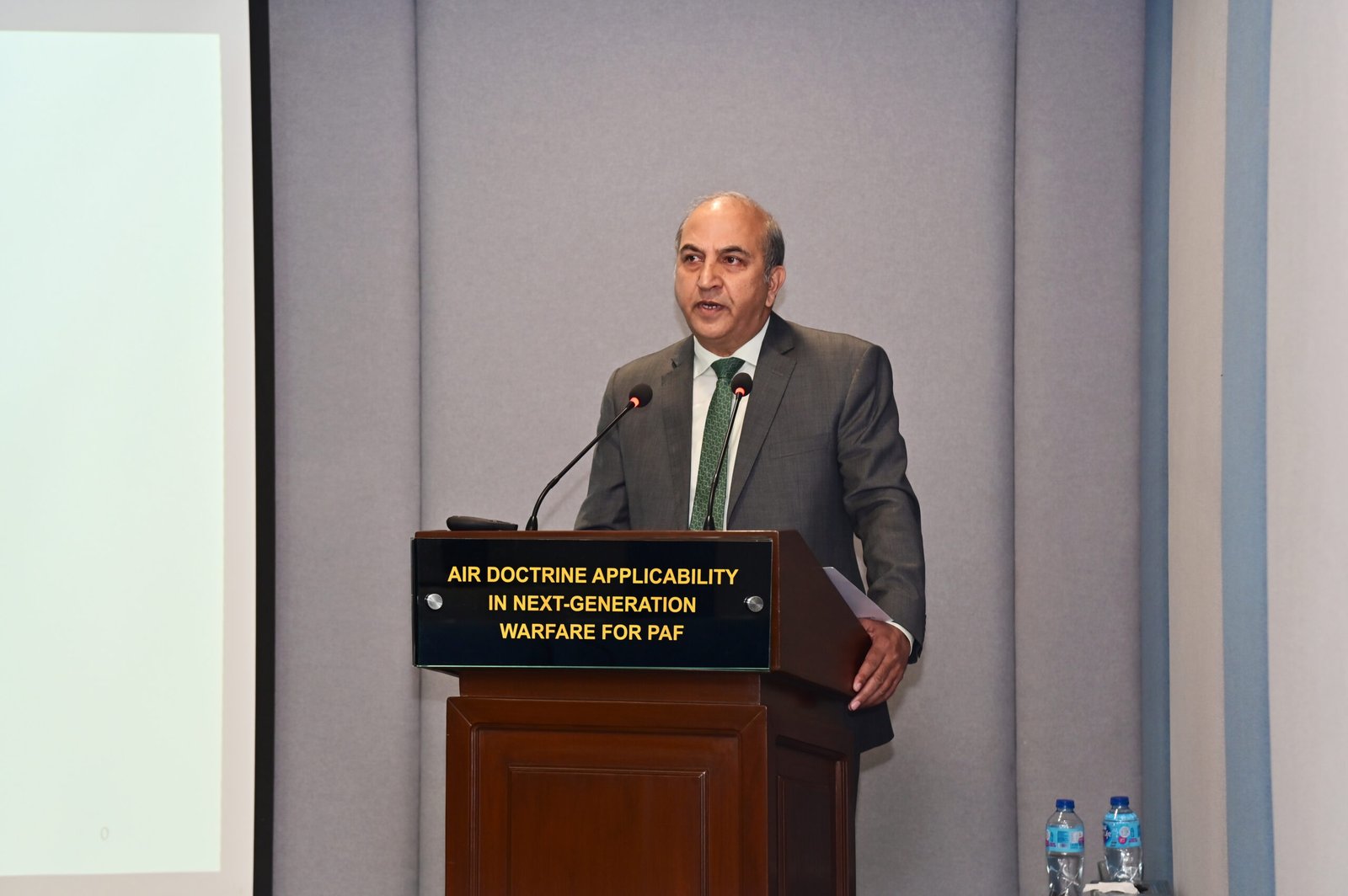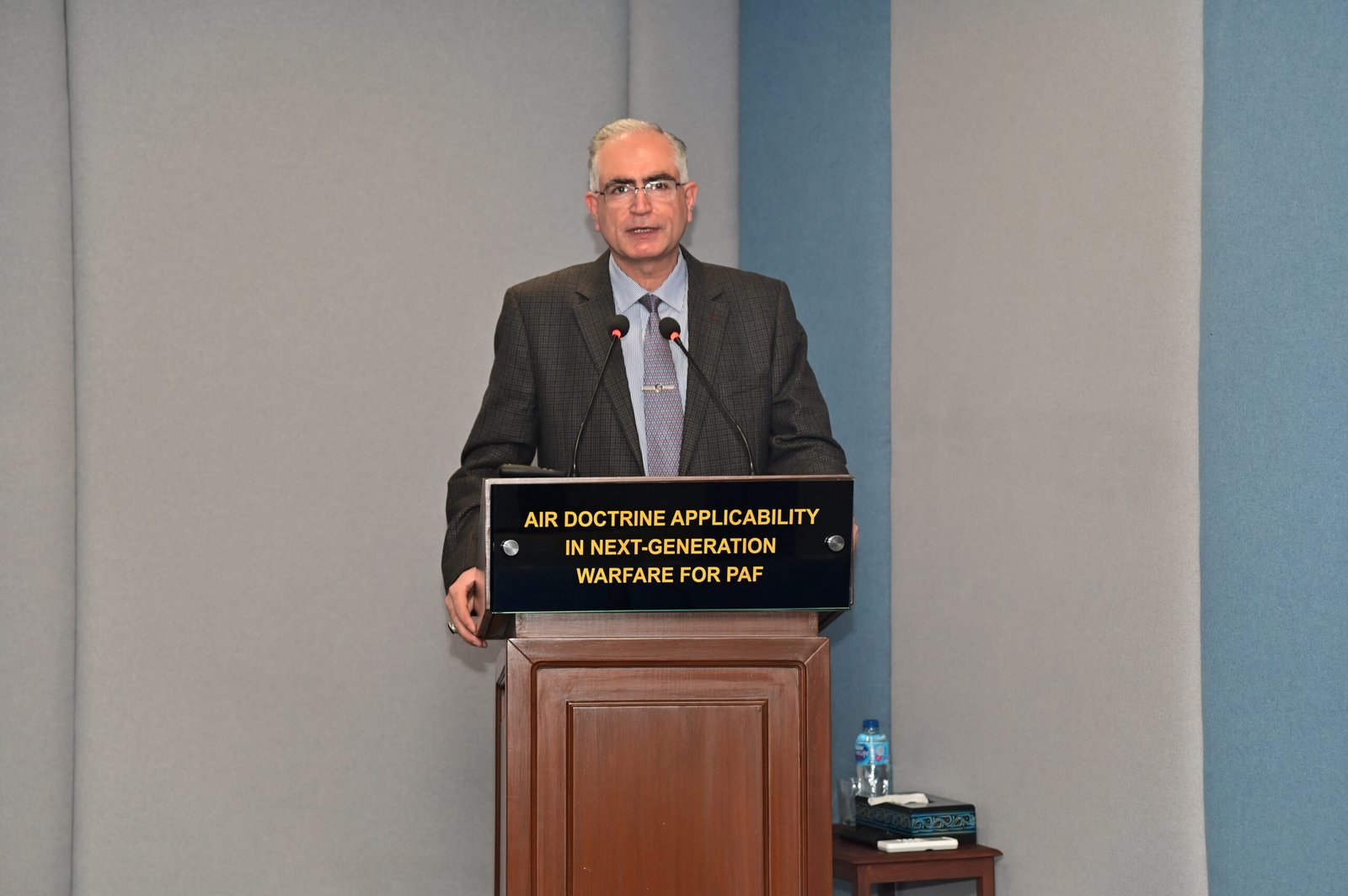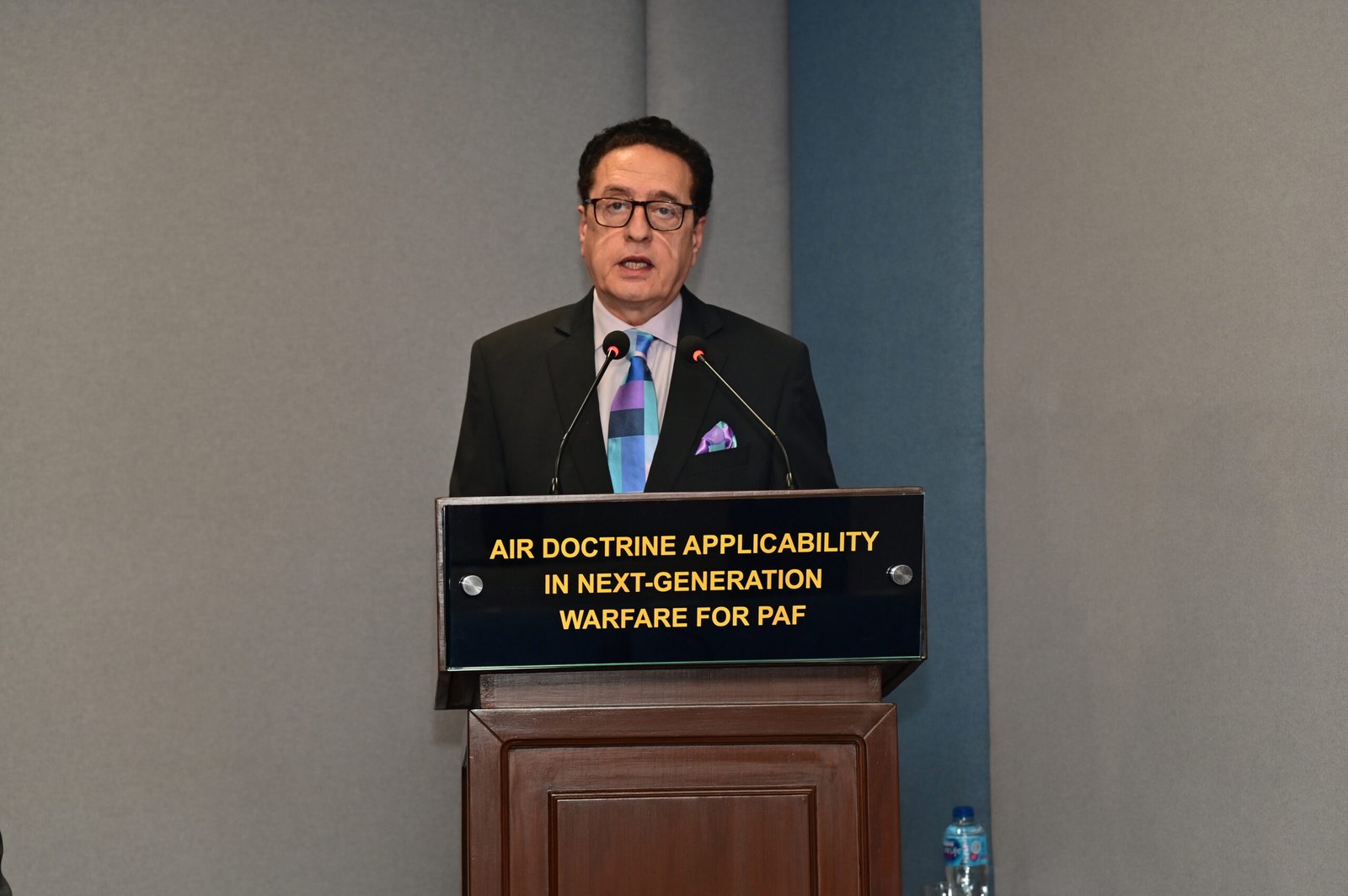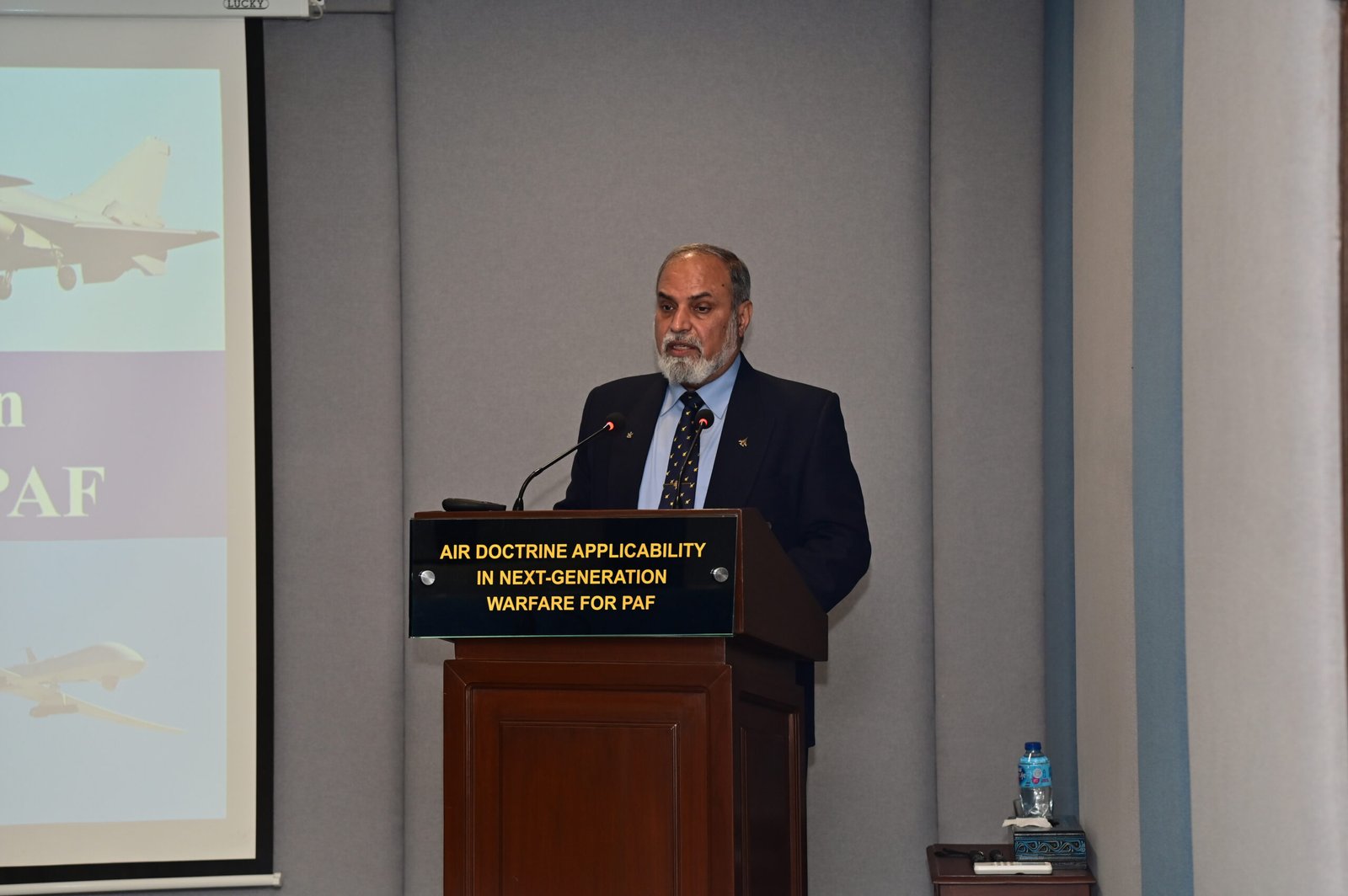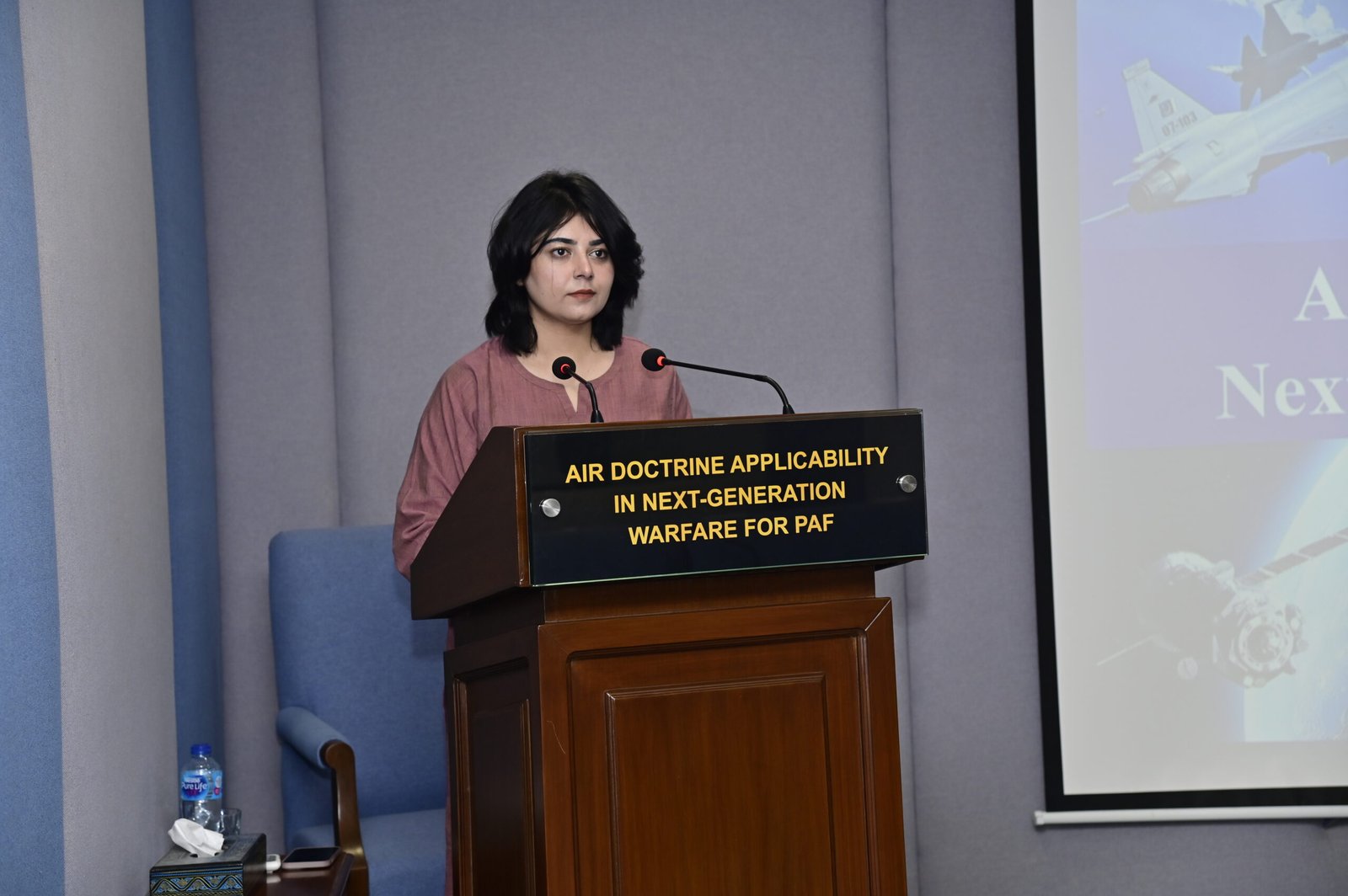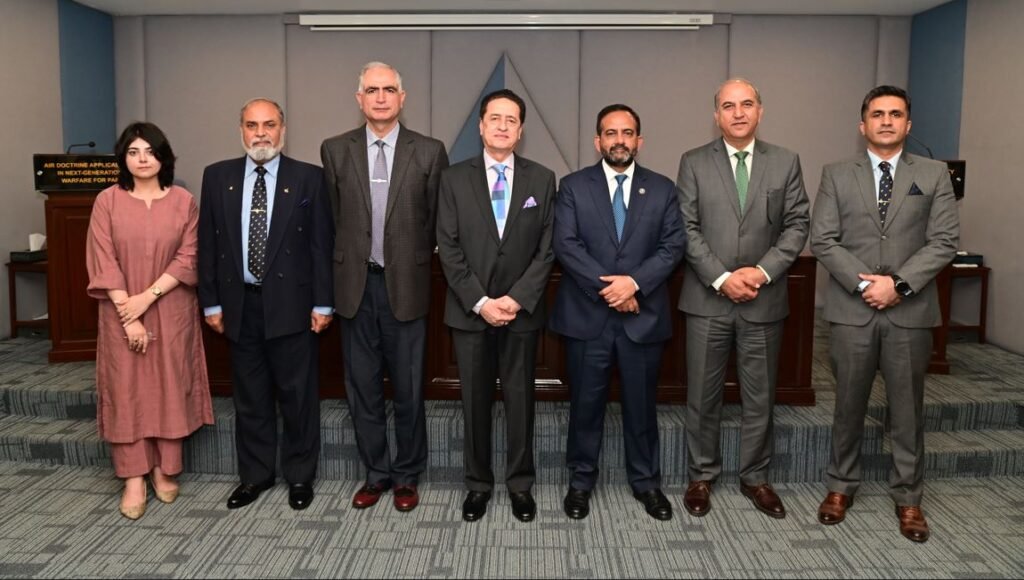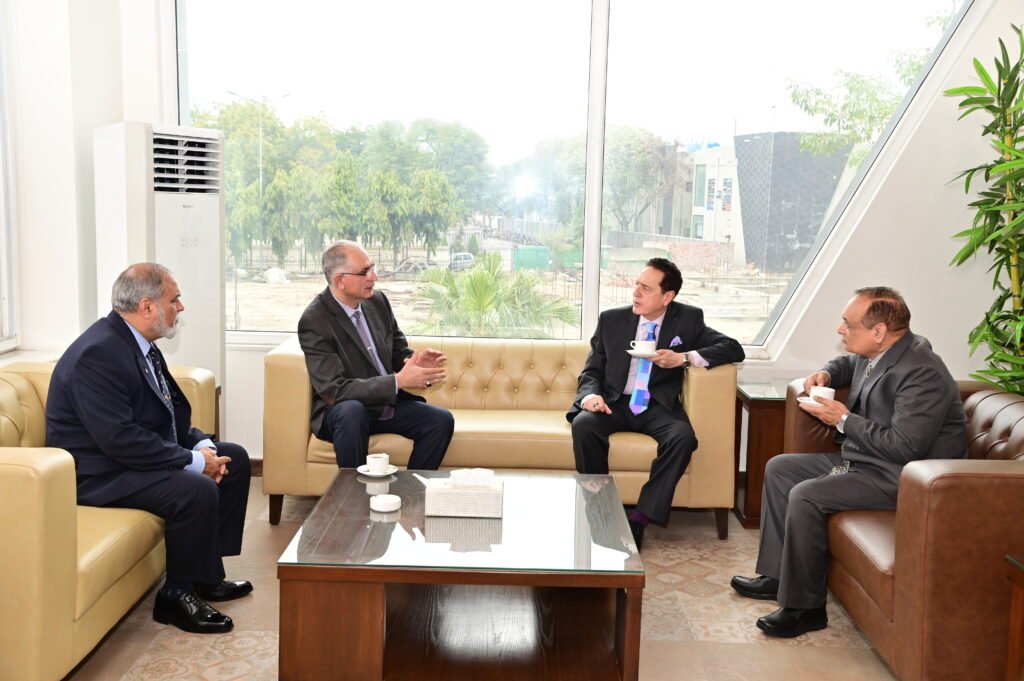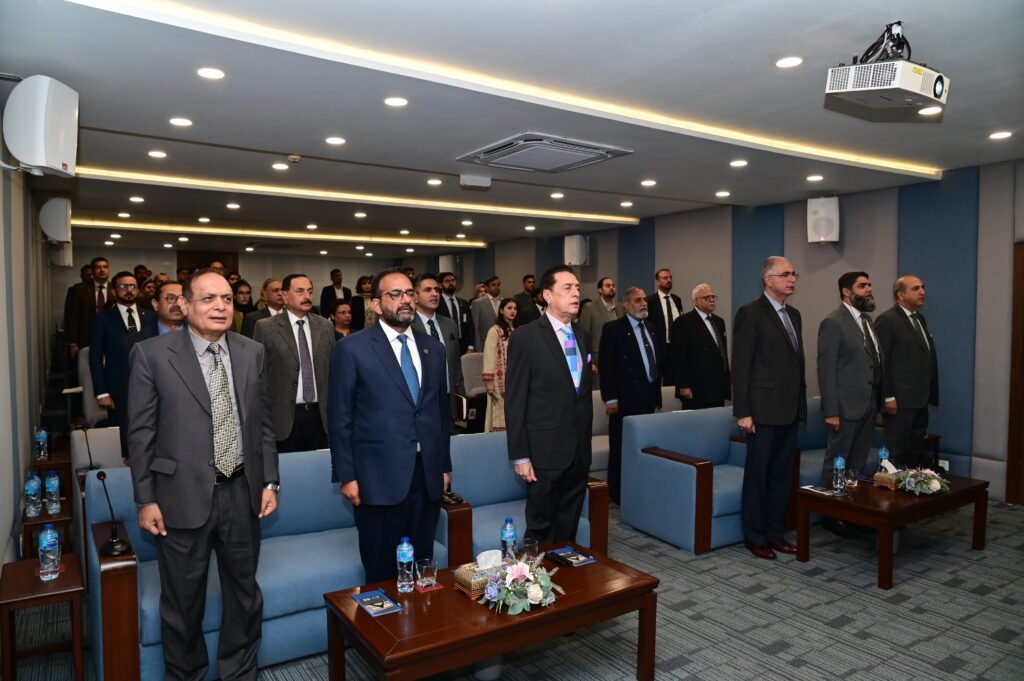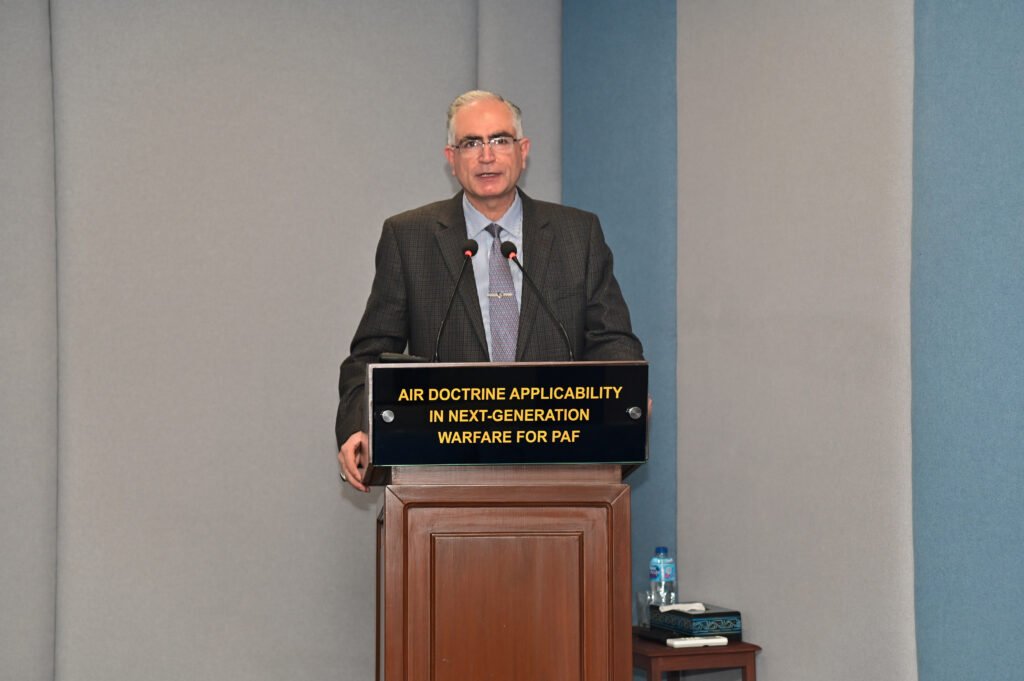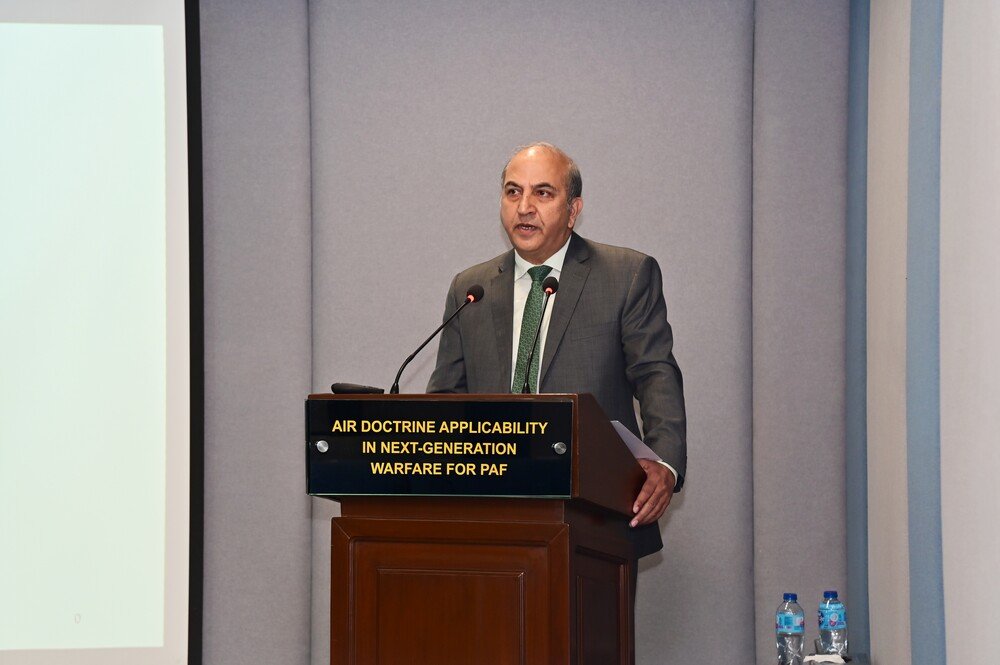Unprecedented advancements in technologies, such as artificial intelligence, space systems, hypersonic munitions, quantum computing, machine learning, robotics, Unmanned Aerial Systems (UASs), and lethal autonomous weapons (LAWs) etc. are rapidly transforming the security landscape and the character of next-generation warfare, especially aerial combat.
The Pakistan Air Force (PAF) has always endeavoured to maintain an effect-based balance. Momentarily, this balance tilted in favour of the Indian Air Force (IAF) after the acquisition of Rafael aircraft and the S-400, which was restored by the PAF’s induction of the J-10C Vigorous Dragons and other systems. Under the dynamic leadership of the current Chief of the Air Staff, Air Chief Marshal Zaheer Ahmed Baber Sidhu, the PAF embarked upon an unprecedented, fast-paced induction of state-of-the-art weapon systems and high-end force-multipliers, to stake claims for becoming the next-generation Air Force.
In the last four years, PAF has inducted UASs, such as Akinci, Shahpar, and Bayraktar TB-2, as well as integrated air defence systems (IADs) like HQ-9BE, autonomous loitering munitions, modernizing airborne early warning and control (AEW&C) aircraft, and electronic warfare systems (EWs). The production and development of JF-17 Block III, complemented by advanced radar systems, enhanced data links, and space assets, have completely transformed the PAF. Additionally, the induction of the PL-15 long-range air-to-air missile (AAM) has given the PAF a decisive edge in air combat with unmatched extended-range engagement capability. Now, the force is well-balanced to undertake Multi Domain Operations (MDOs) across the entire spectrum of Next-Generation Warfare and beyond borders, thus setting the stage for a phenomenal doctrinal shift in the skies of South Asia, especially after the induction of 5th generation J-35 aircraft into the PAF inventory in 2026.
Exploiting a window of opportunity dawned by the strategic leaning of the US and its allies, and indulging in a self-perceived notion of “counter-weight to China and net-security provider” in Indian Ocean and Indo Pacific Regions, IAF has embarked upon a fast-track induction of next-generation weapon systems and force multipliers. Additionally, the budgetary imbalance between both forces gives an advantage to IAF. Given these developments, there is a need to reconsider the comprehensive developmental strategy for the PAF relevant for the next 2-3 decades. The PAF must rethink its doctrine, strategy and operations to align with emerging technologies and future weapon systems, ensuring readiness for Next-Generation Aerospace Warfare in the region.
In recognition of the evolving dynamics that the PAF is set to encounter, the Centre for Aerospace & Security Studies (CASS), Lahore hosted a seminar titled “Air Doctrine: Applicability in Next-Generation Warfare.” The seminar highlighted the impact of emerging technologies on next-generation warfare and provided actionable recommendations for the PAF’s air doctrine over the next 2-3 decades.



